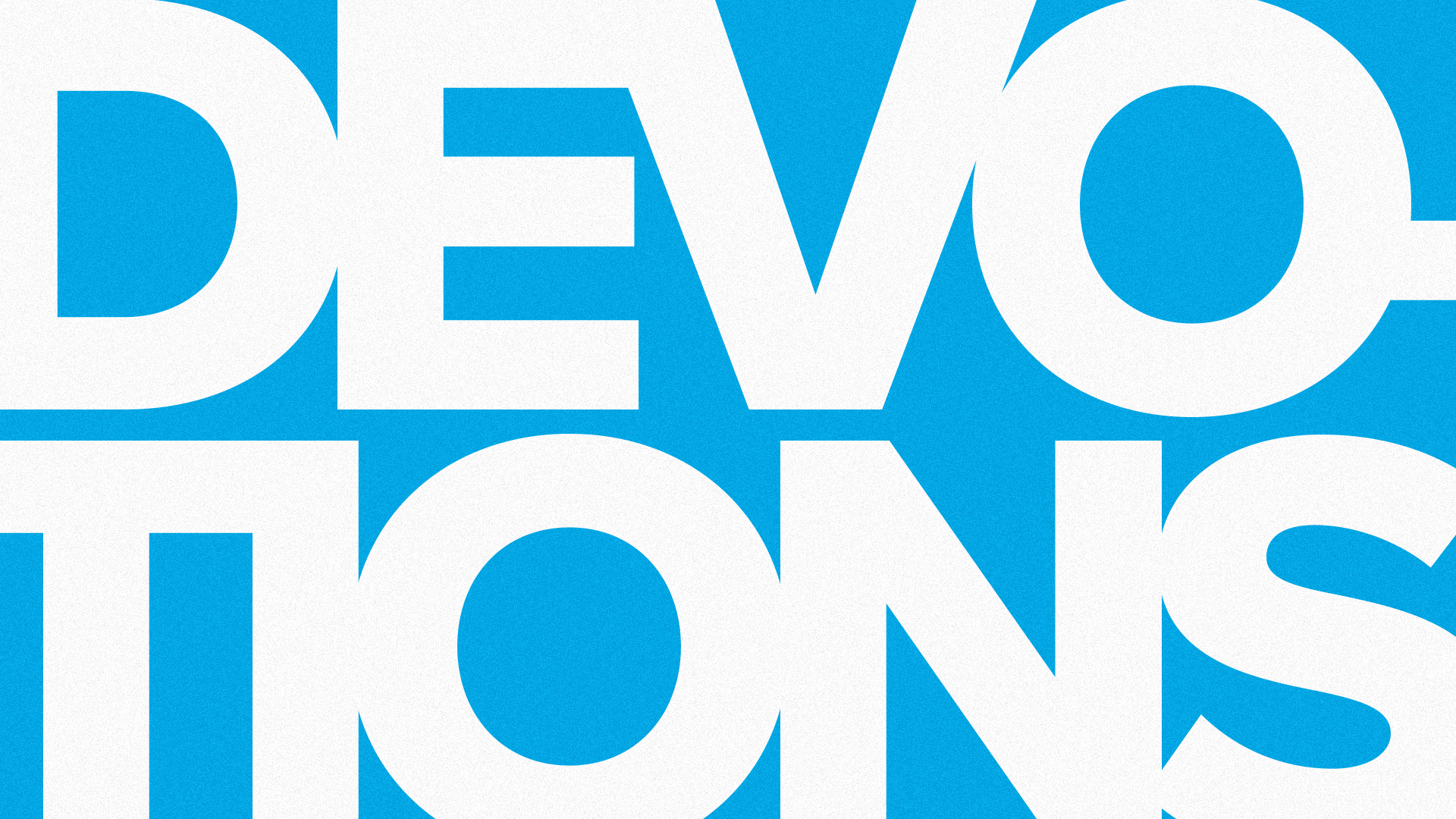A Mind to Trust
"Trust in the Lord with all your heart and lean not on your own understanding; in all your ways submit to him, and he will make your paths straight." Proverbs 3:5-6
Insight
Have you ever caught yourself in that familiar spiral of overthinking? Maybe you're facing a decision, and your mind is running through every possible scenario, trying to control the outcome. I've been there – we all have. It's part of our human nature to want certainty, to crave control over our circumstances. But here's the beautiful truth: change becomes possible when we first believe it is.
Our minds are actually designed with a remarkable purpose – to awaken our hearts to trust. Think about that for a moment. The very organ we often use to build walls of doubt is meant to be a bridge to deeper faith. Yet somewhere along the way, many of us have been conditioned to over-identify with our struggles, letting our past disappointments and hurts define our capacity to trust.
Trust isn't just a feeling we muster up; it's a practice we cultivate. It's like learning to ride a bicycle – at first, you're wobbly and uncertain, but with each attempt, your confidence grows. Similarly, when we choose to trust God, even in small ways, we begin to experience the freedom Christ has secured for us. As the Scripture reminds us, "It is for freedom that Christ has set us free."
The journey of trust isn't meant to be traveled alone. Wholeness and community require trust, and we have obligations to those who know us. When we share our struggles and victories with others, something powerful happens – our individual truths become part of a larger story. However, a divided truth will result in divided trust. This is why it's imperative that we not only learn to trust but that we also learn to be trustworthy in our relationships with both God and others.
A genuine relationship with God requires vulnerability, openness, and a willingness to let go of our need to understand everything. The beautiful thing about trust is that it often begins with forgiveness – both receiving and extending it. Forgiveness brings reconciliation, which is the condition of integration. When we allow God to heal our trust wounds through forgiveness, we begin to experience what it means to be whole. Our thoughts become governed by a foundational truth that can be trusted: God is good, and His plans for us are good.
Remember, trust isn't about having all the answers. It's about being willing to take the next step, even when the full path isn't visible. Your mind, with all its questions and doubts, can become your greatest ally in developing a deeper trust in God.
Reflection
In what areas of your life do you find it most challenging to trust God, and what past experiences might be influencing these trust barriers?
How might your relationship with God and others change if you viewed your mind as a tool for developing trust rather than a barrier to it?
Prayer
Loving Father, help us to see that our minds are designed to lead us into deeper trust with You. Heal the places where past hurts have made trust difficult, and give us the courage to believe that change is possible. Show us how to build authentic trust in both our relationship with You and with others. Amen.

